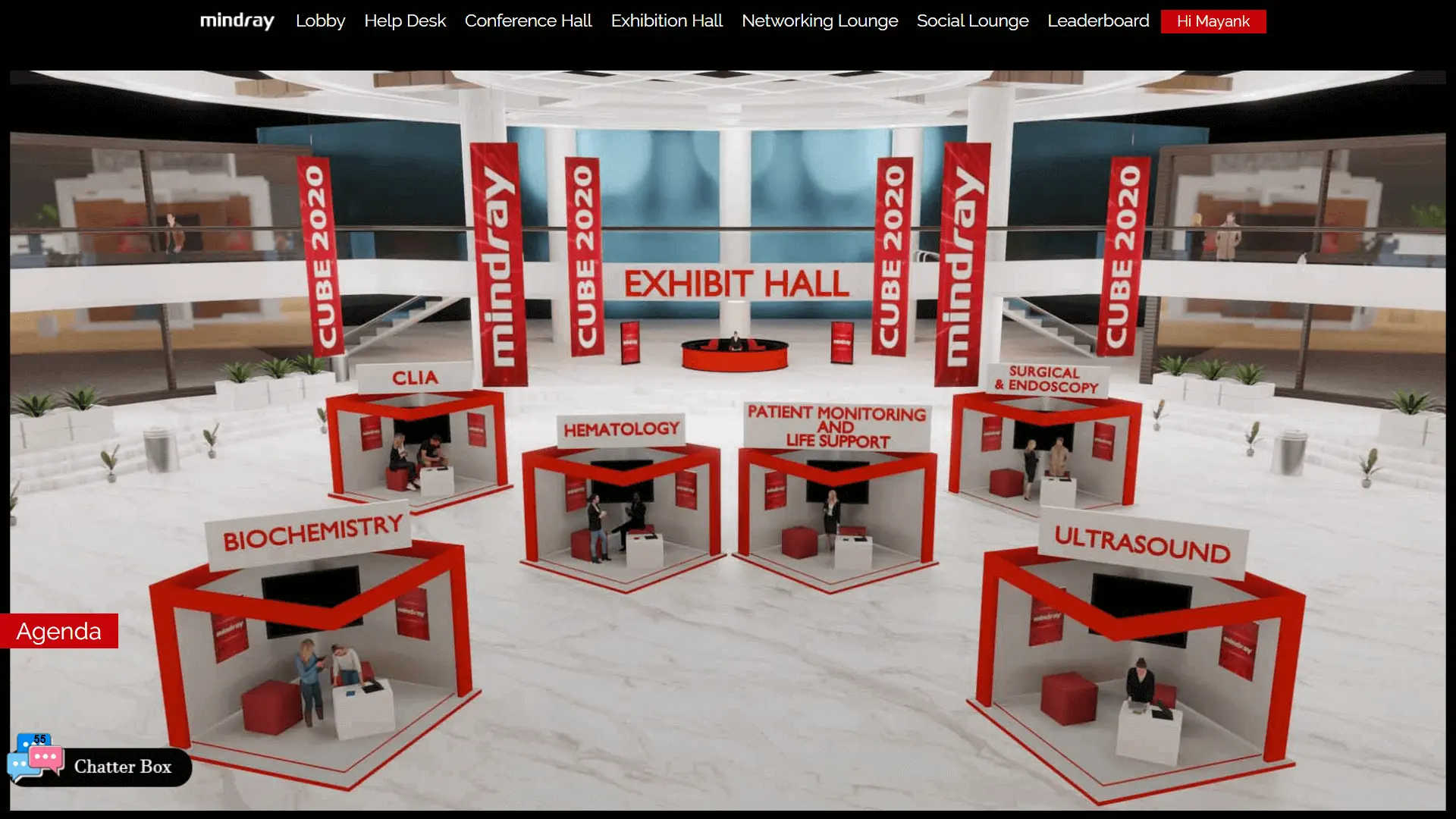Samaaro + Your CRM: Zero Integration Fee for Annual Sign-Ups Until 30 June, 2025
- 00Days
- 00Hrs
- 00Min
Creating sponsorship deals serve as a key element for any event planning strategy. While sponsorships at on-ground events are tried and tested, sponsorships on a digital platform is a different ball game altogether. The question that the event planners need to answer remains the same – what is in it for the sponsors? If you are looking for how to monetize virtual events, let’s discuss in detail how some event planners have creatively integrated sponsorships in Virtual Events.

Sponsors can be offered virtual booths at conferences and trade shows. These not only promote their brand but also help them drive business. Consumers can browse through the sponsor’s products and this branded space could serve as a networking area between the consumer and the sponsor.
Sponsored content can give the attendees a taste of what to expect from the sponsor’s brand when the sponsors host a session or exhibit their products. This helps in creating quality content and also adds a human connect value to the sponsor’s brand which they can leverage on.
This opportunity will provide measurable visibility during the Virtual Event. One-on-one meets are essential to convert potential leads into a confirmed business deals. Virtual Events are data mines and they provide the sponsors with details about consumer behavior which will give the sponsors insight into the consumer’s buying pattern or level of content consumption.
This increases the chances of the interaction of the sponsors with the attendees at the event. Gamified experiences usually have incentives towards the end. These prizes can be sponsored goodies which will serve as a constant reminder to the attendees about the sponsor’s brands and also help with the brand visibility.
Sponsorships, however, are not the only way how to monetize virtual events. Virtual events are surely more cost-effective for planners as compared to in-person events. Virtual events can also help generate higher revenue through proper strategizing and optimal utilization of their advantages. With Virtual Events, organizers can track ROI with significant data on their target audience. Virtual Events can be monetized through a couple of ways which we will be discussing in detail now.
The most important factor that drives people to attend any event is the kind of content that the event is offering. If an event has some high-profile speakers and industry experts sharing their insights and experience with the audience, attendees will be willing to pay to be a part of that event. There can also be various access passes that can be created and people can view only what they have paid for.
One of the pros of hosting a virtual event is that you can reach out to a much wider audience. The wider the reach, the greater the number of people who are likely to convert from a potential lead to a confirmed one.
Another advantage of hosting virtual is that you need not limit the sales to only a day. You can extend the shelf life of your event and let your attendees explore the opportunities over and over again.
Virtual events not only help you stay connected with your target audience during such crucial times but also help generate more revenue for your company. If you are planning to host a virtual events soon, check out Samaaro. Samaaro is an award-winning virtual events platform trusted by leading global brands,

Built for modern marketing teams, Samaaro’s AI-powered event-tech platform helps you run events more efficiently, reduce manual work, engage attendees, capture qualified leads and gain real-time visibility into your events’ performance.


© 2025 — Samaaro. All Rights Reserved.